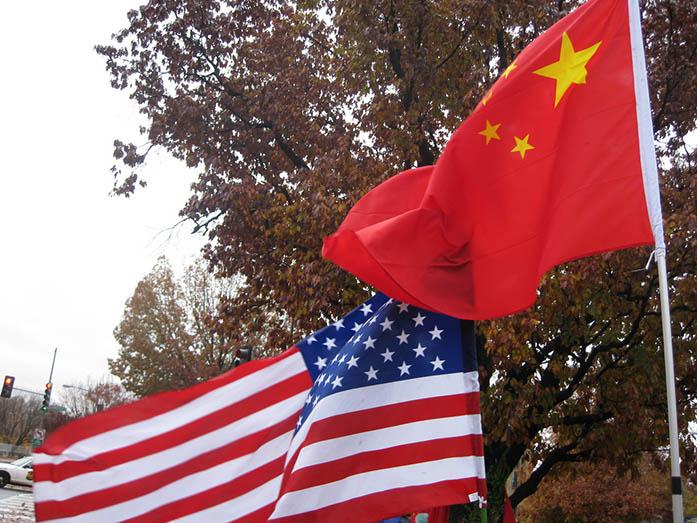This past week marked the first state visit of Chinese President Xi Jinping to the United States. The president of the second largest economy in the world accomplished a lot during his weeklong visit; perhaps most of all, the two countries used one issue to create a stronger bond.
Based on this past week’s interaction, it can be said with surprising certainty that environmental and carbon emissions concerns may prove to be the issue that brings the two nations closer.
Throughout the first nine months of 2015, China’s and the United States’ relationship has been tumultuous. China’s meteoric rise to economic superpower has not been without its troubles, many of which have manifested in the past year alone. These include alleged cyber attacks, building islands in the South China Sea, and most recently, global economic fallout brought on by widespread issues in China’s economy.
Despite these important issues, as the Wall Street Journal notes, Xi spent much of his time in the United States announcing several billion dollars in funding China was preparing to provide various U.N. departments. In particular, it made a $1 billion “peace and development” fund. The frequency of these announcements during his trip was, by no means, an accident.
While Xi’s plans for charitable giving and support of the United Nations are all fine and dandy, there are more intensive issues that had to be addressed while he visited the United States. Fortunately, at least one was brought up between Xi and President Obama: climate change.
Climate change and pollution are two issues that are of great concern to the United States and China. Recently, the United States has been in far better shape than its eastern counterpart. According to the World Bank’s Little Green Data Book, China’s particulate-matter 2.5 rating —which measures pollutants smaller than 2.5 microns — is the second highest in the world at 73 micrograms per cubic meter. The U.S. is dwarfed in comparison, with a mere 13 micrograms per cubic meter. This doesn’t — or at least it shouldn’t — hinder the importance of the two most economically powerful nations in the world tackling climate change as the major issue that it appears to be.
Late last week, the White House released a U.S.-China joint statement on climate change that included, among other things, deadlines spanning the next half-decade to decrease carbon emissions and improve the environmental status of the world — not just their respective homelands. Pledging to enact several programs and use various funds to improve environmental standards across the board, the two countries are looking more friendly than ever based largely on these interactions, which is, in many respects, quite surprising.
Xi’s visit also included conversations with executives of major U.S. businesses. Particularly interesting was Xi’s roundtable, which featured 15 executives from U.S. companies and 15 executives from Chinese companies, including Alibaba. Given the nature of China’s relationship with the United States up until this point, it seems that these business interactions, not those about climate change, would be the biggest catalyst for cooperation.
With the next U.S. election still off in the distance, it may be hard to recognize the potential dangers of climate change being the issue that brings the super powers together. If the next president of the United States has no interest in climate change, it could spell bad news for newly formed bonds between China and the United States.



